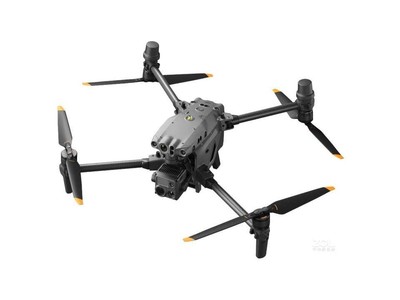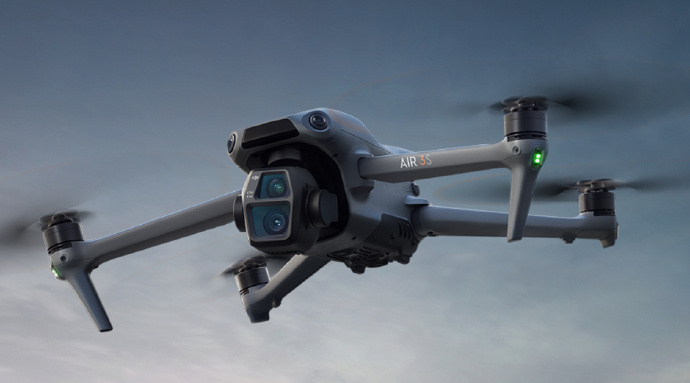In recent years, the advent of drone warfare has significantly changed the dynamics of modern military conflicts. As technology advances, unmanned aerial vehicles (UAVs), commonly known as drones, have become crucial instruments in the arsenal of nations worldwide. The term “drone war” refers to the strategic use of these UAVs in military operations, a practice that continues to revolutionize the landscape of global security and armed engagements.
Technological Evolution and Capabilities
The capabilities of drones have evolved rapidly, with advancements in surveillance, targeting, and weaponry. Modern drones can be equipped with high-definition cameras for reconnaissance, precision-guided missiles for targeted strikes, and advanced communication systems for real-time data sharing. These improvements enhance the decision-making process on the battlefield, allowing for timely and accurate responses to emerging threats.
Ethical and Legal Implications

Despite the operational advantages, the use of drones in warfare raises significant ethical and legal questions. Concerns about civilian casualties, the potential for misuse, and accountability in drone strikes have sparked global debates. International laws and regulations struggle to keep pace with the rapid integration of drones into military strategies, leading to calls for clearer guidelines and accountability.
Another ethical consideration is the psychological impact on drone operators, who often experience high levels of stress and potential desensitization to combat due to the remote nature of their work. Addressing these concerns is essential to maintain the moral integrity of military forces using unmanned systems.
Global Adoption and Strategic Importance

Drones have been adopted by numerous countries, from superpowers like the United States and China to smaller nations looking to bolster their defense capabilities. The accessibility of drone technology has democratized air superiority, enabling even less affluent nations to conduct sophisticated operations previously beyond their reach. This shift potentially alters global power dynamics, as more countries can influence regional conflicts using drones.
Challenges and Future of Drone Warfare
Despite their benefits, drones face several challenges. Issues such as limited flight endurance, susceptibility to jamming and hacking, and the development of counter-drone technologies threaten their effectiveness. Continuous research and development are crucial to overcoming these limitations and maintaining the edge that drones provide in combat situations.
Looking ahead, the future of drone warfare will likely see increased automation and integration with artificial intelligence. This advancement could lead to drones conducting independent missions, further reducing the need for human intervention and potentially increasing the speed and efficiency of operations.
